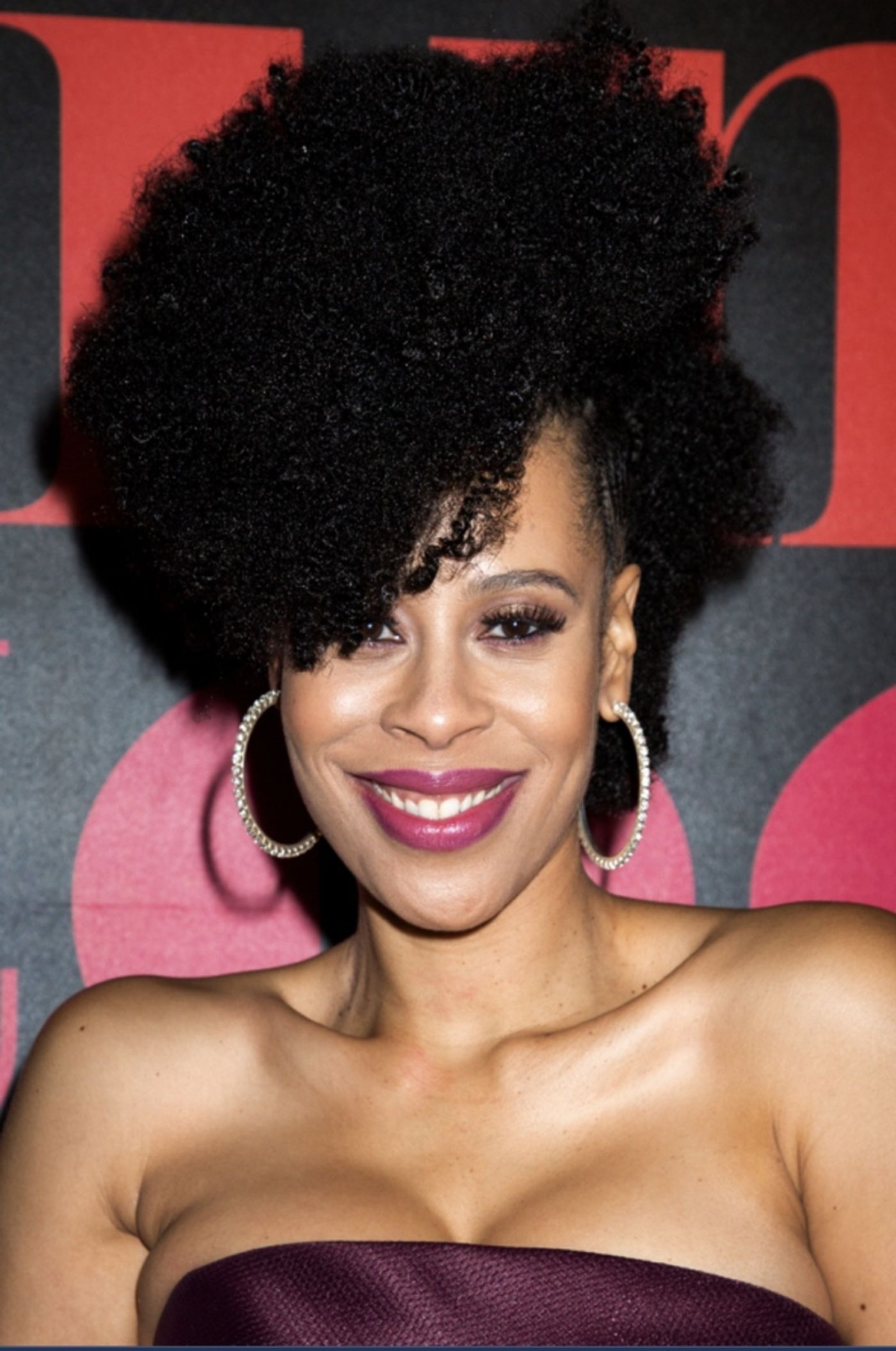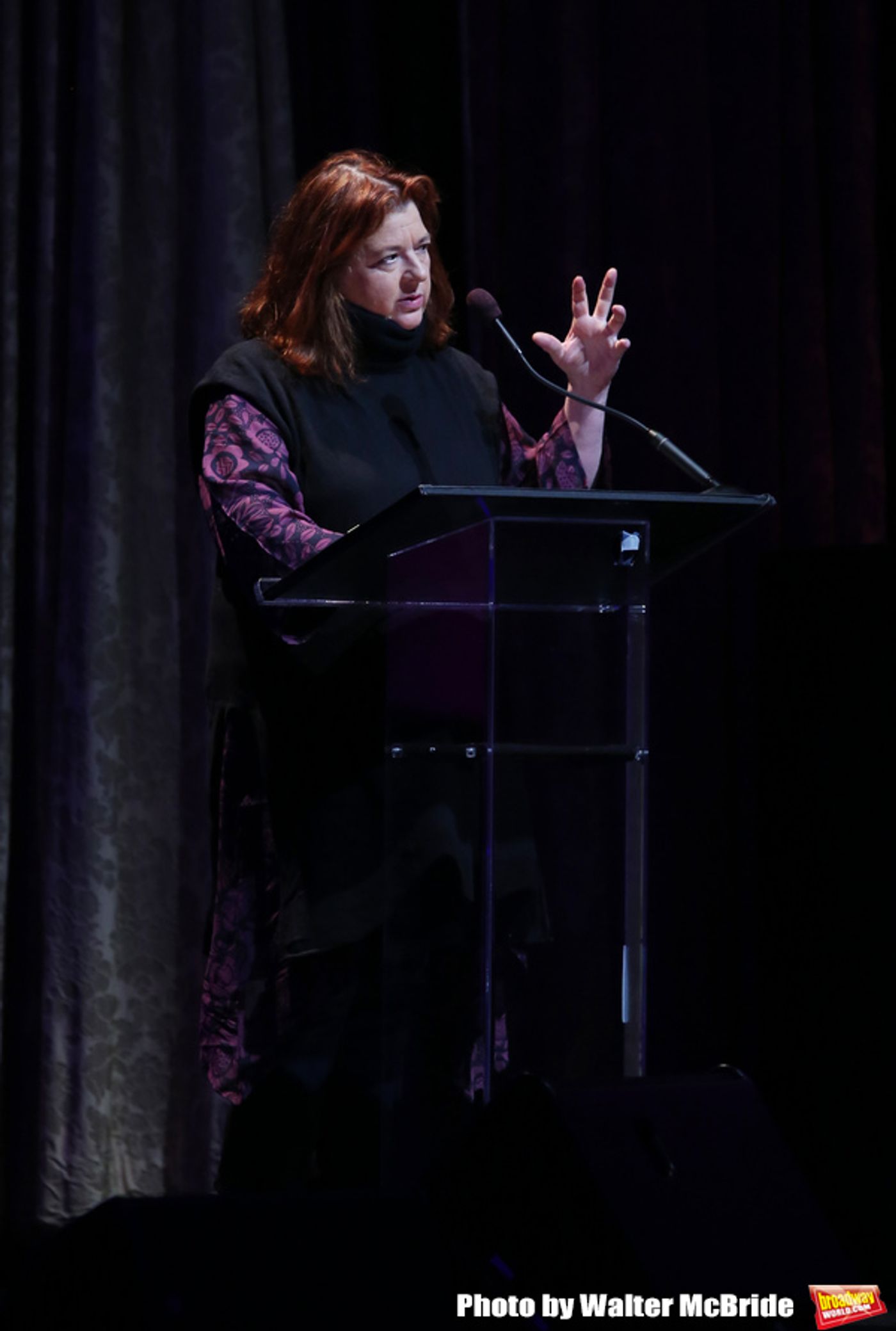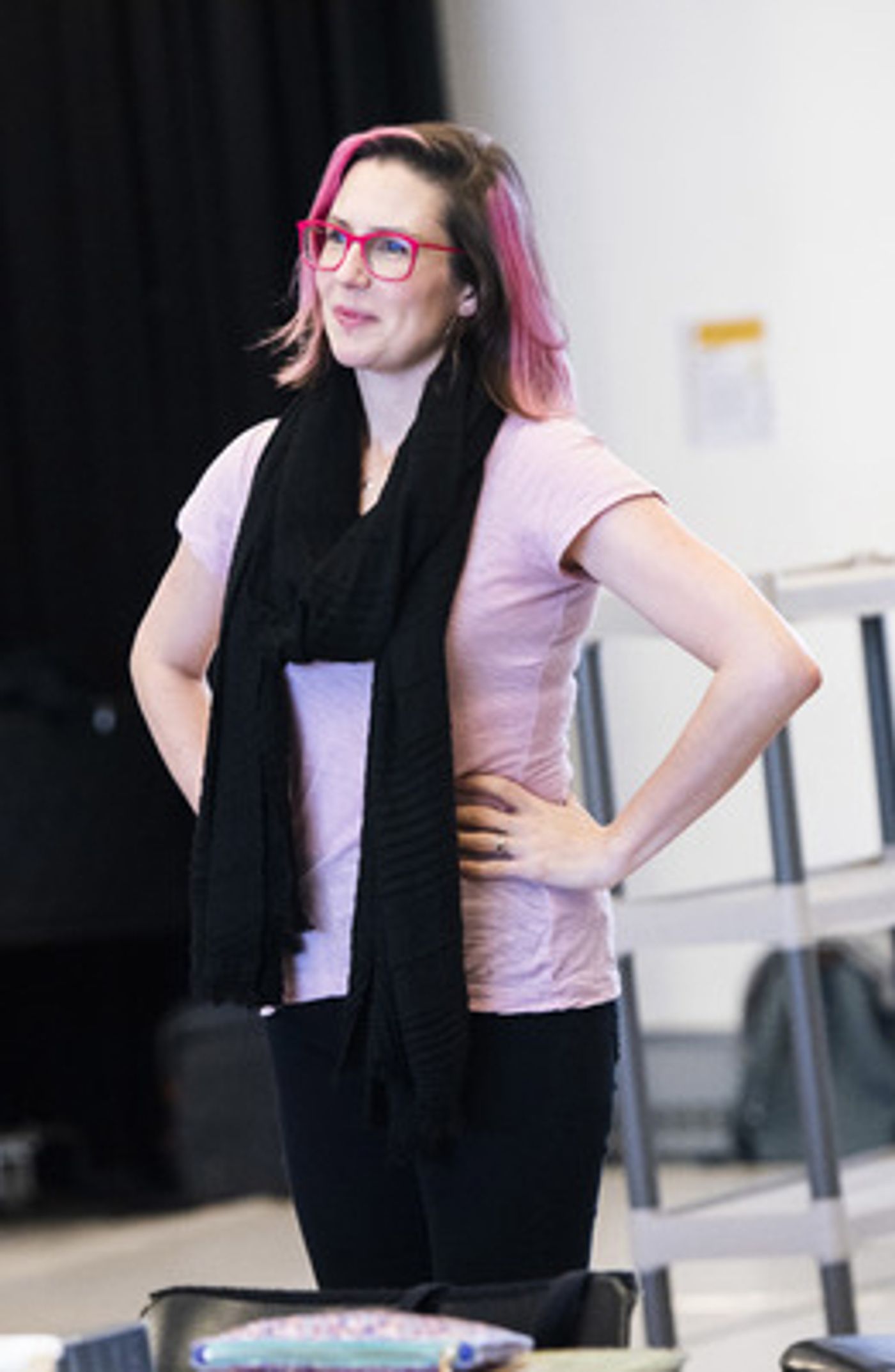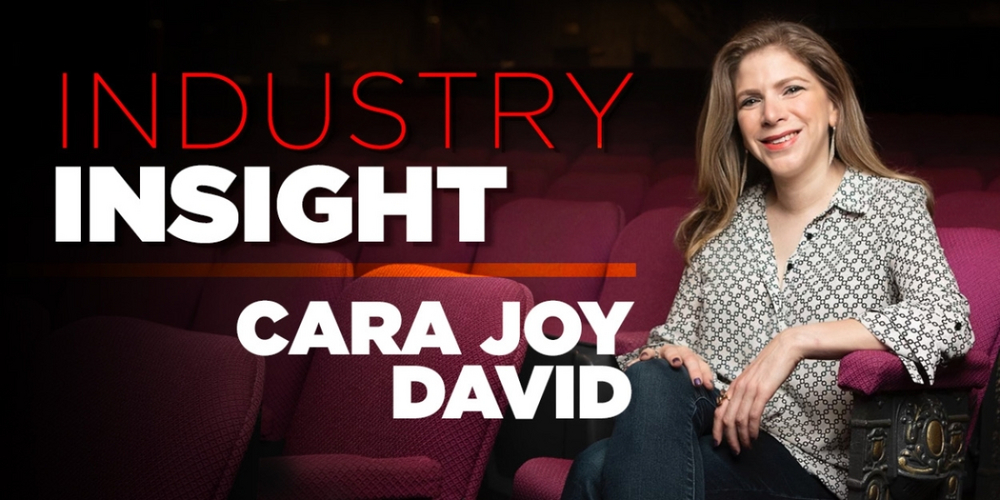How Female Playwrights Are Making the Industry Better
This is the final installment of our series on women playwrights.
Tony-nominated playwright/journalist/novelist/filmmaker Nora Ephron once advised the graduating class of Wellesley College as follows: "Whatever you choose, however many roads you travel, I hope that you choose not to be a lady. I hope you will find some way to break the rules and make a little trouble out there. And I also hope that you will choose to make some of that trouble on behalf of women." In this, the third and last, installment of our series on female playwrights, playwrights speak about what sort of trouble they are making (or hoping is made) to help improve the theater.
Other than a handful of playwrights 30 and under, all the playwrights spoken to for this piece believe their sex has negatively impacted some aspects of their careers. Women feel that they have trouble getting in the room and being taken seriously once there. But there is something more, a sense that when things get really bad -- beyond mansplaining bad -- there aren't many people to turn to in the theater. Intuitively, if you're at a non-profit you go to the artistic director, in a commercial production, a lead producer. However, of the women spoken to for this piece, very few have had good experiences when it comes to reporting issues within a production or at a non-profit. Several women who wished to remain anonymous spoke of being dropped from the development of a piece or simply being treated more negatively after complaining about harassment. (This mimics complaints of women in most industries.)
Halley Feiffer, who is currently working on television projects, has spoken out against harassment and racism in theater and television and has had better results in the latter.
"As a white woman with an enormous amount of privilege, I consider it my duty as a human being to squash out any kind of injustice where I see it," Feiffer said. She explained that she "love[s] theater so deeply" and has had great experiences with all the artistic directors at non-profits who have produced her work, but recently had a bad experience in commercial theater, contrasted by an overall more positive one in television.
"[In television,] I was recently in a work situation that was incredibly toxic and rife with racist rhetoric and severe exploitation of workers," she said. "I quit. I filed an HR report and within a week the showrunner was fired. That was really moving to me. I will say about a week after that, I told a Broadway producer that I was working with about racist rhetoric that I had heard from another member of the creative team... [A] week later, I was fired from that production. So that's the best example of the stark difference. Whereas in TV and film, when you complain about racist rhetoric and unsafe working conditions, generally it is nipped in the bud; in theater, you're fired for making a scene."
 Two-time Tony nominee Dominique Morisseau famously pulled her play PARADISE BLUE from The Geffen Playhouse last year, after multiple emails to the theater failed to resolve the issues she saw. She wrote in a social media post at the time: "Respect the Black womxn artists working on my show, or I will pull my play." She said she does not believe anything changed at the theater company as a result of her action, but completely stands behind her decision.
Two-time Tony nominee Dominique Morisseau famously pulled her play PARADISE BLUE from The Geffen Playhouse last year, after multiple emails to the theater failed to resolve the issues she saw. She wrote in a social media post at the time: "Respect the Black womxn artists working on my show, or I will pull my play." She said she does not believe anything changed at the theater company as a result of her action, but completely stands behind her decision.
"Even when I was putting up my show with MTC [SKELETON CREW], there's always these moments where I'm aware that the women in the room are watching me," Morisseau said. "And if I don't stand in my power, I am telling them that the status quo is okay and I cannot, especially where it is younger women involved, I cannot let them feel like nothing's ever going to change."
But it isn't a playwright's responsibility to control what is happening on a production. It may be a necessity in any given situation, but it should not be. A theater production is probably never going to have a huge human resources department. (Of note, even when the producer of the theatrical project is a Hollywood studio, writers spoken to said they were not told to utilize that company's HR department.) If the internal structure, or lack thereof, is hampering a playwright's ability to enact positive change, they need to go beyond that. Very few writers reported going to the Dramatists Guild with issues, though Theresa Rebeck said they should, at least to protect their own rights or become educated about possible next steps.
 "The Dramatists Guild functions truly for playwrights as an HR department," Rebeck, who has had more straight plays on Broadway than any living female playwright, said. "If you're having some sort of serious problem, you call the Dramatists Guild and they have lawyers on staff and you explain it to them. They take care of it. The other place you can go to is your agent, but they are often reluctant to get involved."
"The Dramatists Guild functions truly for playwrights as an HR department," Rebeck, who has had more straight plays on Broadway than any living female playwright, said. "If you're having some sort of serious problem, you call the Dramatists Guild and they have lawyers on staff and you explain it to them. They take care of it. The other place you can go to is your agent, but they are often reluctant to get involved."
That's what to do when things get bad. But, as Mary McCarthy once wrote, "We are the hero of our own story." Many women in the theater are individually and collectively taking action to make the community more inclusive, so there is less trauma in need of reporting. They are taking steps, both small and big, to make it so tomorrow is an improvement on today and, eventually, parity of all kinds can be achieved.
Larissa FastHorse, soon to be represented on Broadway with THE THANKSGIVING PLAY, explained she monitors her own words because she knows "the same words will be interpreted negatively for the female and positively for the male."
"I used to think: 'Oh, well, I don't see women differently than men as artists,'" FastHorse stated. "But now I realize I do have to speak about them differently in the room because what I say is interpreted differently because they're a woman. I know we can't just be like 'support a woman because she's a woman' but also we need to remember that things are so biased that we do have to overcompensate a bit and be especially careful with the words we use when we're discussing other women."
Lauren Gunderson, who has consistently been one of America's most produced playwrights, said that she is helping to bring new voices to light through collaboration, and is hoping others do the same. "To some people in the theater I'm a big enough deal that if I partner with a person earlier in their career it helps them just to be writing the music with me on a new musical," she said, noting that it is not selfless, because she admires each collaborator's talent. "The idea that just going to the most famous person as a collaborator, hoping that that's how you'll get to Broadway or that's how you'll have a regional hit or what have you, that starts to limit that pool and that's where the gatekeeping happens. That's why we see the same people and the same stuff."
Morisseau, who is Executive Artistic Producer at the Detroit Public Theatre, is trying to expand the kindness and consciousness in the room by recommending use of a culture worker on productions.
"As a woman artist and as a playwright, I'm finding it really important to be able to identify how much duress I'm under as a woman in this country right now," she explained. "You know, our bodies are being governed, and if you don't think that is going to have a triggering effect when we get in a space artistically and someone tries to govern our voice, that that's not going to feel like it's connected to the trauma in the world, that's being ridiculous. It's absolutely connected."
Women have also united with each other to make change. Women in the theater are aware, as women throughout history have been aware, that they are stronger as a group. That is what The Lillys is about -- women uniting to recognize women who were not being recognized by the patriarchal establishment. (As discussed in Part I of this series, The Lillys' impact has undoubtably been felt.) This is also seen in The League of Professional Theatre Women, The Kilroys (which presented its last "List" in 2020 and is turning to other efforts) and various other communities of women heralding the works of women. In recent years, at least two other notable entries have entered the arena.
One is Expand the Canon, an initiative of the Hedgepig Ensemble Theatre, which offers "a curated list of classic plays by women & underrepresented genders" with the expectation that people will produce and teach them.
Emily Lyon, Artistic Director of Hedgepig, said she has been contacted by theater companies about producing some of the plays on the Expand the Canon list and is already getting some traction from educators as well.
The hope is that exploring more women from the past will help women now. "We have a history that we can build on and be proud of and footsteps to follow in," Lyon said. "Part of our commitment is adding to the legacies of women going forward and letting us have a sense that our voices were valued and are valued."
Another initiative, Honor Roll!, is "an action and advocacy group of women+ over 40" and allies whose goal is "greater inclusion in theater." The majority of the over 1700 Honor Roll! members were first felled by sexism (and sometimes related familial obligations) and now also ageism. The Lillys will be working with Honor Roll! to amplify its voice.
As noted in Part I of the series, older non-established women have less of a chance of being produced than younger fresh faces. Most "new" female playwrights come directly from top colleges or MFA programs (which tend to admit predominantly younger applicants, even in the face of age diversity in the applicant pool). Readers at theaters also tend to be younger, and may therefore naturally favor young voices. One of the things heard consistently throughout these interviews is that women want greater diversity not only at the top of the non-profit food chain, but also throughout it.
Cheryl L. Davis -- a Kleban Award winner and one of the rare women over 40 to have a developmental opportunity, having been part of the 2021 Orchard Project -- is part of the Executive Committee of Honor Roll!.
"Honor Roll! helps us promote awareness of ageism and intersectional issues in connection with women playwrights," Davis, whose Audelco Award-winning play MAID'S DOOR was presented at the Billie Holiday Theatre in 2014, said. "But it is also to collaborate with each other. We do things collectively. We have workshops. We have had a couple of books of plays published. People can share opportunities. They can say: 'I know about this thing - do you want to submit here?' They can forward names. So it helps in networking."
"Women and children are the future and we're going to save it," Rebeck, who spoke of the need to also support mid-career playwrights, said. "We're going to save culture, so we can make room for everybody. We're the ones who make room for everyone."
One suggestion as to how to make this room is to invite diverse voices to design the space. Rehana Lew Mirza used the example of her husband, Mike Lew, and Colette Robert, serving as Co-Artistic Directors for Ensemble Studio Theatre's 38th Marathon of One-Act Plays (featuring works by BIPOC authors), to show that power does not have to be concentrated at the top of a non-profit. Women could be deputized (as they occasionally have been in the past) to present plays by other women. Even if it's a festival of one-acts and not a long  engagement, it's getting voices out there. It's supporting the community. Women know what it is like to be seen through a keyhole; they want to open the door to a more expansive world of playwrights (and critics, as discussed in Part II of this series).
engagement, it's getting voices out there. It's supporting the community. Women know what it is like to be seen through a keyhole; they want to open the door to a more expansive world of playwrights (and critics, as discussed in Part II of this series).
Many of these action items do not necessarily require spending more money. Several playwrights spoken to think it's about reframing what you do. A little thought into who is behind the scenes and what is happening there. It may not be more people or additional roles, it may be a rethinking of how talent is utilized.
"That there is this institutional frame that is unbreakable in the theater is laughable to me," Gunderson said. "All we do is make up things. All we do is come up with ways to innovate, energize, inspire and create. So, of course we can do it for our boards, front of house and at every level. It just starts with that broader mentality that does not permit a sense of impossibility."
In the end, as Morisseau put it, theater "has to be better" because it's in the "human being business." The theater needs to keep striving as to not be inhumane. There needs to be a constant conversation within the community, just as every single night performers have a conversation with the audience. Most female playwrights genuinely believe things can and will get better. They are looking to the next generation of female producers. They are looking to men to look within themselves. They are looking around to see who they can bring up with them if they get an opportunity to rise themselves. And, regardless of the various impediments to success, most women spoken to are happy when their voices are heard.
"In spite of all of the horrors of the patriarchy and capitalism and all that, I feel grateful to be a woman and get to tell the stories that I tell," Tony-nominated playwright Bess Wohl, currently represented off-Broadway with CAMP SIEGFRIED, said. "I think they're important and they matter to me."
This is the final installment of our series on female playwrights. Please read Part I and Part II.
Update: Information received about the Susan Smith Blackburn Prize was incorrect and has been removed.
Videos


